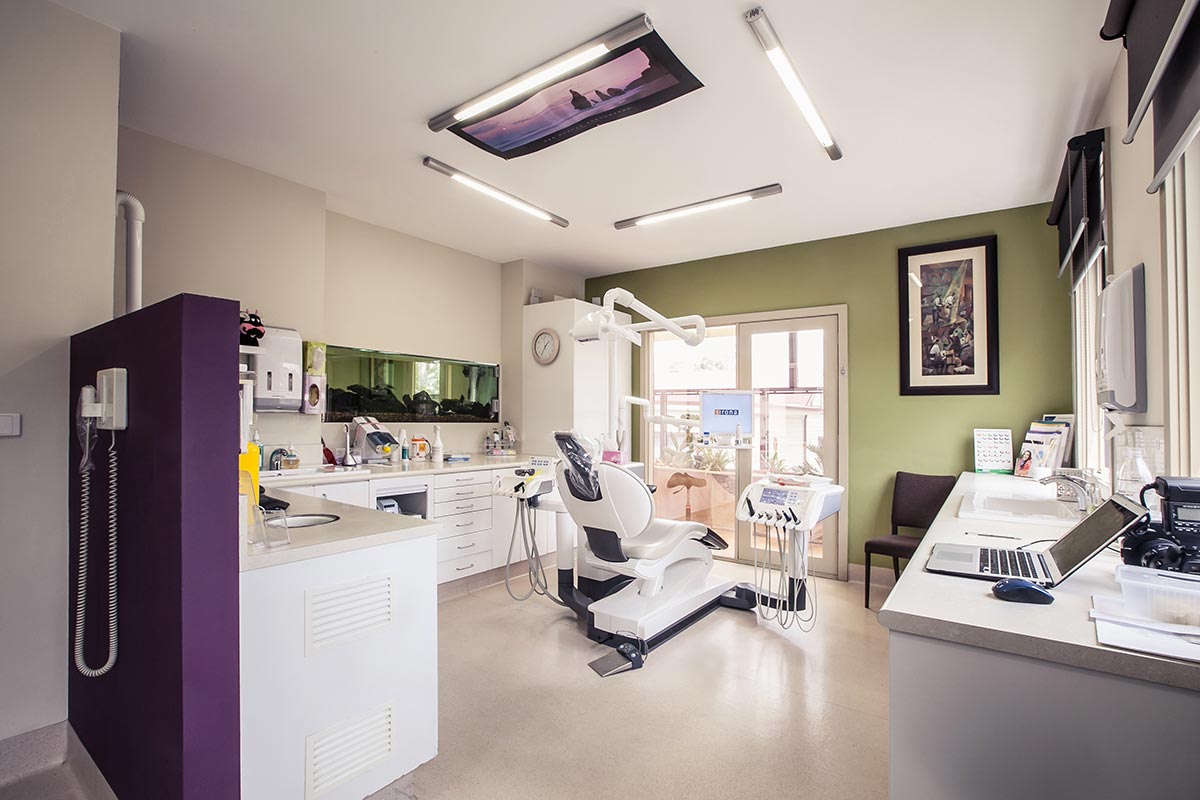Veneers
Porcelain veneers are extremely thin shells of medical-grade porcelain that bond permanently to the front surfaces of individual teeth. In the right hands , this relatively quick and easy cosmetic treatment that can conceal many types of imperfections and help you accomplish the smile you have always wanted.
Here are some answers to some commonly asked questions about porcelain veneers
What are porclelain veneers?
Veneers are thin shells made of tooth coloured porcelain that are custom made and bonded to your teeth to improve their appearance (changing the colour, shape, size or length). Porcelain veneers are usually made in the lab and are extremely resistant to staining.
What’s the difference between veneers and crowns?
Crowns cover your entire tooth like a cap. A veneer is a thin shell that is applied only to the front of your tooth thus requiring less tooth shaping.
What will my teeth look like, when they are shaped for porcelain veneers?
Generally, bonded veneers require two visits: one to shape the teeth and one to cement these natural looking restorations to the teeth. Between visits, we can place provisional veneers to help prevent sensitivity, allow function, and provide a reasonably nice smile. These temporaries are designed to be in your mouth for a limited time but should be comfortable until your new veneers / smile is completed.
Will i get cavities with veneers on my teeth?
Veneers do not directly affect the number of cavities you may get. If you clean your teeth by regular brushing and flossing, and attend our clinic for regular cleans at least once every six months, we can help reduce the chance of decay and cavities.
What are the advantages of dental veneers?
The preparation of veneers preserves a lot of tooth structure as very little needs to be removed. They can vastly improve the appearance of your teeth, and gum tissues respond well to dental veneers. The colour can be custom selected to match the other teeth and porcelain veneers are extremely stain resistant.
What are the disadvantages of dental veneers?
Once you have had your tooth prepared for the veneers, the process is not reversible. In the case that a veneer cracks, it is difficult to repair without having to replace the entire veneer. Note that people who grind or clench their teeth are at risk for chipping or cracking their veneers. In these patients an additional grinding guard (or splint) may be prescribed.
When do i need dental veneers?
Porcelain veneers are a great solution for people with discoloured, worn down, chipped, misaligned, uneven or irregularly shaped teeth. Porcelain veneers are a good solution to close a gap that may exist between your front teeth.
Is the procedure reversible?
Because a very thin layer of tooth enamel must be removed to accommodate the thickness of the veneer, the process isn’t considered reversible.
How long do dental veneers last?
Correctly designed and accurately placed porcelain veneers by an experienced dentist can last over 10-15 years, barring any accidents. They do not require any special care other than regular brushing, flossing and visits to the dentist.
Do porcelain veneers stain with tea, coffee and red wine?
Porcelain veneers should never stain; however; if your teeth have a tendency to stain you should try to avoid or minimise the behaviours that lead to staining and look after them as recommended above with normal hygiene and maintenance procedures.
Will my veneer teeth be sensitive to hot and cold?
There will likely be some sensitivity to hot and cold food and beverages for a short time due to having a thin layer of enamel removed. This should disappear in a few days. Avoiding hot and cold foods is recommended for the first few days to allow the veneers to settle.
How strong are veneers? Are there restrictions on what i can eat?
Porcelain veneers are very strong. Nevertheless, porcelain is a glass and can crack if very strong forces are applied. It is advised to avoid chewing ice, hard nuts, candy apples, popcorn. The natural teeth are often damaged by these same foods while porcelain veneers are very resilient, they aren’t indestructible. Think of a good quality coffee cup – very strong but can still chip if you subject it to extremely hard knocks
I grind my teeth at night. Will this damage my porcelain veneers?
Yes, this will eventually damage your veneers just as this habit will grind down natural teeth. We will prescribe you with a protective bite guard (or splint) to wear at night to reduce the stress on your teeth while you sleep.
Getting started with veneers
The best candidates for porcelain veneers have one or more issues that make them unhappy with their smile. To make sure veneers are an option, we will examine you for:
- Tooth decay
- Gum disease
- Overly large fillings
- Teeth grinding
What are the dental veneers lab process?
During the lab visit, you and our master ceramist will discuss multiple aspects of your veneers, including:
- Size
- Shape
- Colour
- Design
Meeting directly with the ceramist gives you the opportunity to participate in the customisation of your porcelain dental veneers. Our lab consistently delivers outstanding results, and we believe that the close relationship between our cosmetic dentists the lab and our patients leads to predictable outcomes.

